Highland Wildlife Blog - The backbone of any zoo
09/11/2016 in Highland Wildlife Park
by Douglas Richardson, Head of Living Collections, RZSS Highland Wildlife Park
Last week I was in Southampton teaching welfare and ethics for the national zoo keepers’ course. Towards the end of the day-long session, the subject of how the job had changed or, more accurately, how the zoo keeper had changed came up.
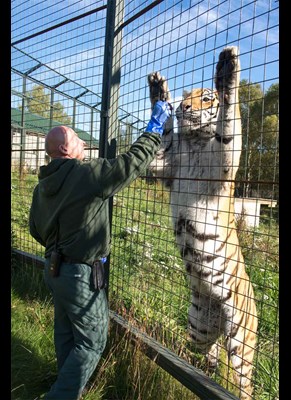 Harking back to my days as a baby zoo keeper, I think the students were genuinely surprised to hear how things had changed. When I started in zoos I was very much in the minority amongst the keepers as I saw my first zoo job as the start of my professional career and not just a job. No one had any qualifications, in part because there were no courses teaching zoo animal management, but mainly because the job of a zoo keeper was not only very poorly paid but it was seen as a very lowly occupation.
Harking back to my days as a baby zoo keeper, I think the students were genuinely surprised to hear how things had changed. When I started in zoos I was very much in the minority amongst the keepers as I saw my first zoo job as the start of my professional career and not just a job. No one had any qualifications, in part because there were no courses teaching zoo animal management, but mainly because the job of a zoo keeper was not only very poorly paid but it was seen as a very lowly occupation.
Up until the 1970s, the pay rates and wage rises for keepers at London Zoo were based on what Camden Council paid their grave diggers, with all due respect to that profession. In much of the world, looking after animals in zoos is usually the task of poorly educated, often illiterate men and it is definitely not a job that they want their children to follow them into.
When I excitedly told my paternal grandmother that I had at last secured my first zoo job she gave me a pitying look and suggested that there were vacancies for wardens at Saughton Prison; the pay was better and the uniform was almost the same! I don’t think she ever understood why I worked in zoos. Given her background, a job was a means to an end, paying rent and putting food on the table, and the idea of taking a job that paid less than another because it was something you wanted to do was an alien concept to a generation that saw hardships that I would struggle to comprehend.
As well as almost no one having any animal related qualifications, it was almost totally a male domain. Other than the all-female staff in Edinburgh Zoo’s children’s farm, in 1975 there was one female keeper on the bird section and the rest of the animal staff were male. This mirrored the situation at London and most other zoos. Now the situation has reversed, as it has in all animal related professions, e.g. veterinary medicine, and zoo keepers are usually female and some zoos have exclusively female animal staff.
The other significant change is the level of education. We have had a national distance learning keepers’ course in the UK since the early 1980s that has since evolved into the course I was teaching in Southampton. It is now almost unheard of for a newly appointed keeper not to have an undergraduate degree or some animal management qualification from a vocational college. I am often asked if you need a zoology degree to get into zoos, and many try and secure their first zoo job with such a qualification. A bachelor’s degree in zoology barely scratches the surface as zoo biology – the science of the biology of zoological gardens – is a pretty exacting field of study.
The job and the people who do it have received considerably more than their 15 minutes of fame as there have been numerous TV series about different individual zoos. Due to this media coverage, many people have a much clearer understanding of the role of the zoo keeper and their increasingly important place in conserving our planet’s wildlife. The competition for every zoo keeper vacancy is fierce and the number of applications I receive for the occasional available post is large. The perception of the job, at least in western society, has changed considerably and the role, though still in part janitorial, has evolved into keepers sometimes being the last bastion against a species’ extinction.
This piece was first published in the Strathspey & Badenoch Herald
Featured Articles

An update from the Budongo Forest
19/04/2024 in Conservation
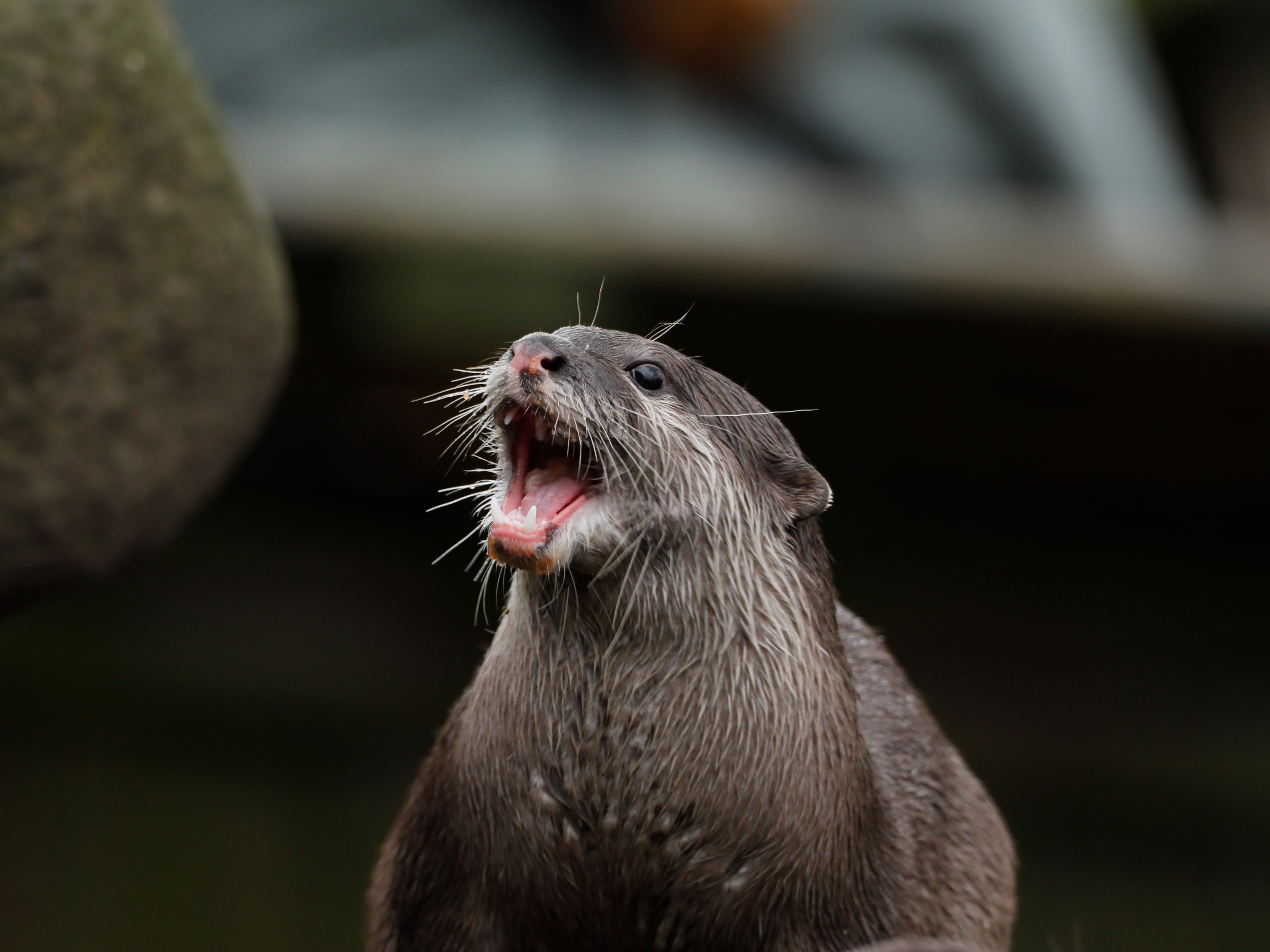
Edinburgh Zoo named best zoo in Scotland
15/04/2024 in Edinburgh Zoo






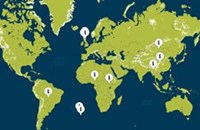
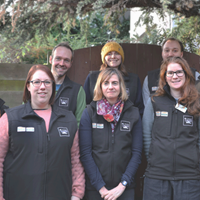


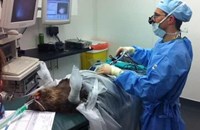



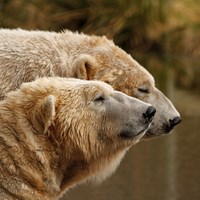

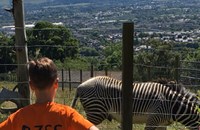




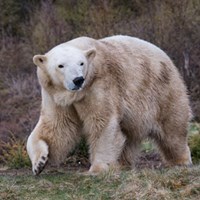



Follow EZ